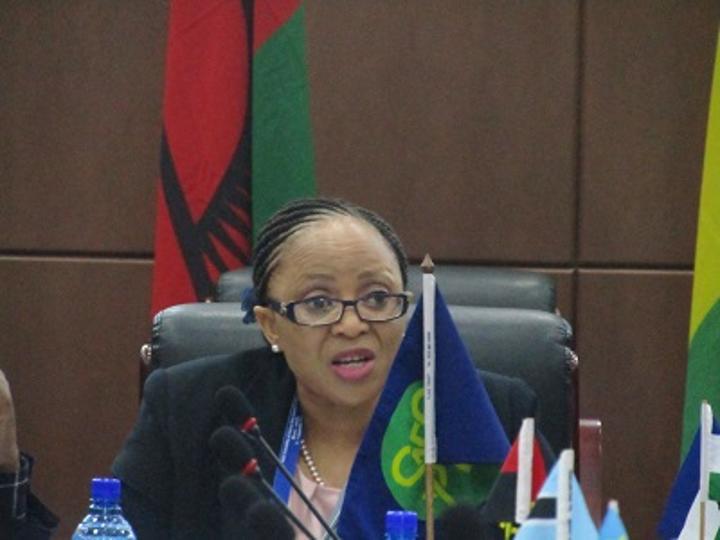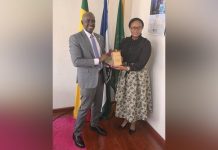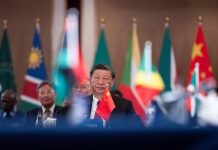Africa-Press – Lesotho. Southern African Development Community (SADC) Committee of Central Bank Governors met on Friday at ‘Manthabiseng Convention Centre to discuss areas of cooperation and regional financial coordination amongst other things.
Upon the opening of the meetings Central Bank of Lesotho Governor Dr Retšelisitsoe Matlanyane welcomed the guests into the mountain Kingdom. She said the meeting came at the time when the global economy is on recovery path.
Many of economies in the region she said have been experiencing economic difficulties for some time now as countries are confronted by high inflation, deficits pressures and slow growth among other things.
One of the most disturbing things she said is that the Future of “our economies” have been mortgaged by high public and private debts. “As a result difficult tradeoffs have to be made in cutting spending and increasing taxes and often times, economies take a lighter hit to growth if they cut spending than if they raise taxes. But with high increasing levels of poverty and inequality, spending cards are often hard to justify and force us to make this difficult tradeoffs.
It is imperative to realize that flood policies cost our economies dearly and they put pressure on the capacity of the economy of the country to sustain citizens,” said Matlanyane going on to cite that for central banks, building resilience and protecting financial systems to address domestic and external vulnerabilities has become challenging yet a matter of survival.
“It is imperative therefore that central banks strengthen the resilience of the financial systems while building the necessary safeguards,” she said.
Meanwhile, the chairperson of the committee and Governor of the South African Reserve Bank (SARB), Mr Lesetja Kganyago expressed the sense of appreciation to the central bank of Lesotho for “excellent” preparations for this meeting.
He also declared the meeting officially open. He pointed out that there has been developments since the last meeting that was held in Lesotho in May this year. Kganyago pointed out that global economic developments have turned, placing pressure on emerging and developing countries.






